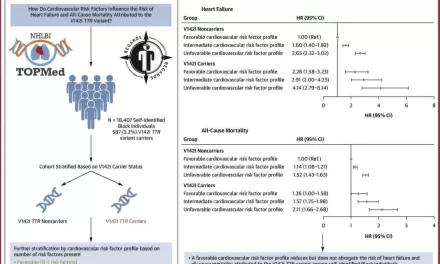Tel Aviv, Israel — A groundbreaking needle-free nano-vaccine, developed collaboratively by Tel Aviv University (TAU) and the University of Lisbon, has demonstrated effectiveness against all major COVID-19 variants, offering a revolutionary approach to global immunization efforts. The research, led by Professor Ronit Satchi-Fainaro at TAU and Professor Helena Florindo in Lisbon, was recently published in Advanced Science.
A Revolutionary Vaccine Design
The nano-vaccine, designed as a 200-nanometer particle, trains the immune system to combat COVID-19 through short, synthesized amino acid sequences encapsulated in nanoparticles. This approach differs from mRNA-based vaccines like Moderna and Pfizer, which rely on full protein expression.
“Our decade-long research on cancer vaccines formed the foundation for this innovation,” explained Prof. Satchi-Fainaro. “When the pandemic struck, we pivoted our platform to target the coronavirus. The result is a simple, yet highly effective vaccine that can tackle all major variants, including Beta, Delta, and Omicron.”
Needle-Free and Easy to Store
Administered as a nasal spray, the nano-vaccine eliminates the need for injections, reducing reliance on skilled healthcare personnel and minimizing contamination risks. “A nasal spray is simple to use and removes the need for needles, making it accessible to anyone, anywhere,” Prof. Satchi-Fainaro emphasized.
In addition to its user-friendly administration, the vaccine can be stored at room temperature in powder form, addressing the logistical challenges posed by traditional vaccines that require ultra-cold storage. Tests conducted at INSERM’s infectious disease lab in France confirmed the nano-vaccine’s efficacy, which is comparable to Pfizer’s vaccine.
Implications for Global Health
The ease of storage and administration makes this vaccine particularly promising for low-income and remote regions where access to ultra-cold supply chains and trained medical personnel is limited. “This innovation could transform vaccination strategies in under-resourced areas, offering a solution to global inequities in healthcare access,” Prof. Satchi-Fainaro said.
Looking Ahead: A Platform for Future Vaccines
Beyond COVID-19, the nano-vaccine platform shows potential for rapid adaptation to other infectious diseases and cancer. “This is a plug-and-play technology,” Prof. Satchi-Fainaro explained. “We’re already expanding its application to address a range of diseases, enabling swift responses to future pandemics.”
The research team’s work exemplifies a bold step forward in immunology, bridging scientific innovation with practical solutions for global health challenges.
Reference:
Acúrcio et al., Intranasal Multiepitope PD-L1-siRNA-Based Nanovaccine: The Next-Gen COVID-19 Immunotherapy, Advanced Science, August 8, 2024. DOI: 10.1002/advs.202404159











